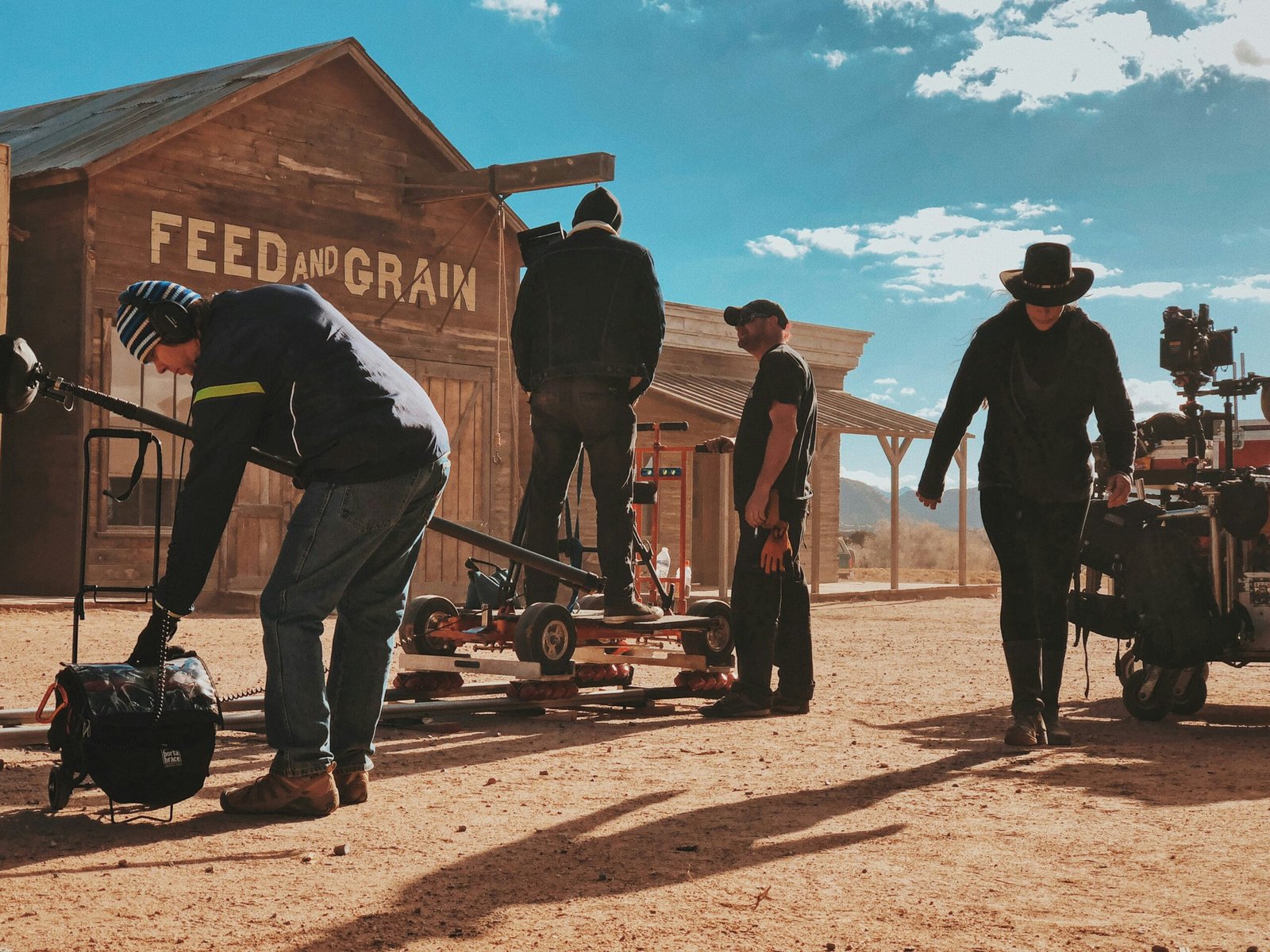The Journey to the Iconic Line
In the realm of cinema, few lines resonate as strongly with audiences as those delivered by Samuel L. Jackson. One particular quote from a film in the 2000s has become a defining moment in his career, encapsulating both the intensity of his acting prowess and the overarching themes of the movie. The film, which garnered significant attention upon its release, revolves around complex narratives that challenge moral and ethical boundaries, with Jackson’s character serving as a pivotal figure within the story.
The context of this iconic line comes during a climactic scene that encapsulates the tension and drama built throughout the film. Jackson’s character, faced with moments of adversity and conflict, delivers the line with such conviction that it not only solidifies his role but also profoundly impacts the plot’s progression. The weight of this moment is felt by both the characters and the audience, showcasing Jackson’s ability to blend emotional depth with a powerful delivery.
Anecdotes from the filming process reveal the collaborative efforts behind this memorable quote. Jackson often recalls discussions with the director, who emphasized the importance of authenticity in that scene. The choice of words was meticulously crafted to enhance the dramatic effect, and Jackson was encouraged to infuse his unique style into the delivery. Interactions with fellow cast members also played a crucial role in shaping the scene, as they sought to create an atmosphere of genuine tension that would allow Jackson’s line to resonate even more strongly.
Ultimately, this iconic line not only elevated the film’s narrative but also served as a catalyst for Jackson’s evolving career. It reinforced his reputation as a powerhouse in Hollywood and set the stage for future roles that would further showcase his versatility as an actor.
Behind the Scenes: Negotiating for the Line
The creation of an iconic line in cinema often involves more than just a brilliant script; it requires thorough negotiations and creative collaboration. Samuel L. Jackson, recognizing the potential impact of his line, took an active role in discussions surrounding its inclusion in the film. This is not merely an anecdote; rather, it highlights the intricate dynamics between actors, directors, and writers within the film industry.
Jackson’s perspective on this process sheds light on the significant effort necessary to secure such a memorable piece of dialogue. Prior to filming, the negotiation process encompassed both creative and financial aspects, which are crucial in the film-making process. The discussions could involve changes in script revisions to ensure the line resonated with audiences, while simultaneously addressing the studio’s budgetary concerns.
Financial implications also played a key role in securing Jackson’s iconic line. The actor was aware that any alteration in the script could have ripple effects on production costs. These factors necessitated a careful balancing act between the creative vision and the fiscal realities faced by the studio. There were moments when the writer’s room engaged in heated debates to ensure that Jackson’s line not only fit seamlessly into the narrative but was also financially viable for the production team.
It is noteworthy that during filming, potential changes were meticulously discussed to enhance the line’s delivery. Every decision was made with the understanding that a single line could elevate the film’s overall impact and hook audiences. Ultimately, these behind-the-scenes negotiations underscored the collaborative nature of filmmaking, where every voice is essential in crafting an unforgettable moment. These efforts culminated in a line that would go on to define not only Jackson’s career but also the film itself.
The Impact and Legacy of the Line
Samuel L. Jackson’s iconic line has undeniably left a profound mark on popular culture, eliciting a plethora of reactions from both audiences and critics. Originally delivered with unparalleled conviction, this memorable quote transcended its cinematic origins, embedding itself firmly within the fabric of contemporary vernacular. Its reception at the time of the film’s release was overwhelmingly positive, leading to a surge in popularity that has only intensified with subsequent years.
In examining the cultural significance of Jackson’s line, it is vital to note how it has been referenced across various media platforms. From television shows to internet memes, the quote has been parodied countless times, serving as a testament to its enduring relevance. Television comedies often seize the opportunity to incorporate modern references, using Jackson’s line to add humor and relatable context. This phenomenon illustrates not merely a moment of cinematic brilliance but an evolution where language and expression take new forms, resonating with diverse audiences.
Conversations with film scholars further underscore the line’s significance. Experts highlight its multifaceted impact, suggesting that Jackson’s delivery encapsulated a raw emotion that connected with viewers on a deeper level. They argue that such powerful lines become cultural artifacts, frequently invoked in discussions about empowerment, resilience, and identity. Fans echo this sentiment, sharing anecdotes regarding how the quote inspired them or underscored pivotal moments in their lives.
Ultimately, Jackson’s unforgettable line continues to be celebrated, reaffirming its status as a hallmark of modern cinema. It serves not only as a piece of dialogue but also as a symbol of the lasting influence of film in shaping societal conversations. Through the lens of those who cherish it, we see how a single moment can resonate across generations, securing its legacy in the annals of pop culture.
Jackson’s Reflections on Crafting Iconic Dialogue
Samuel L. Jackson, a prominent figure in the film industry, has often expressed his insights into the delicate art of delivering memorable dialogue. He believes that the foundation of an iconic line lies not only in the script but also in the actor’s ability to immerse themselves in their character. Jackson emphasizes the importance of preparation, suggesting that a thorough understanding of the character’s background and motivations is essential for a compelling performance. He notes, “The best lines come from a place of truth within the character. If I don’t believe in it, how can the audience?”
Jackson’s perspective highlights the intricate balance between the writer’s intentions and the actor’s interpretation. While he acknowledges the skill involved in crafting striking dialogue, he also points out that each actor brings a unique interpretation that can elevate the material. He has mastered the technique of breathing life into lines, transforming the writer’s words into an experience that resonates with viewers. This synergy between actor and script is observable in his notable performances, such as the commanding delivery of lines in films like “Pulp Fiction” and “Django Unchained.”
Throughout his career, Jackson has delivered numerous lines that have become ingrained in popular culture. His ability to convey raw emotion, whether through humor or intensity, has contributed to the lasting impact of these quotes. In reflecting on his past roles, he emphasizes that an unforgettable line is often a product of authenticity, where the dialogue not only serves the story but also connects with the audience on a deeper level. Jackson’s insights affirm that the power of dialogue in film is a collaborative effort, where preparation, character immersion, and interpretative creativity intersect to create iconic moments in cinematic history.






